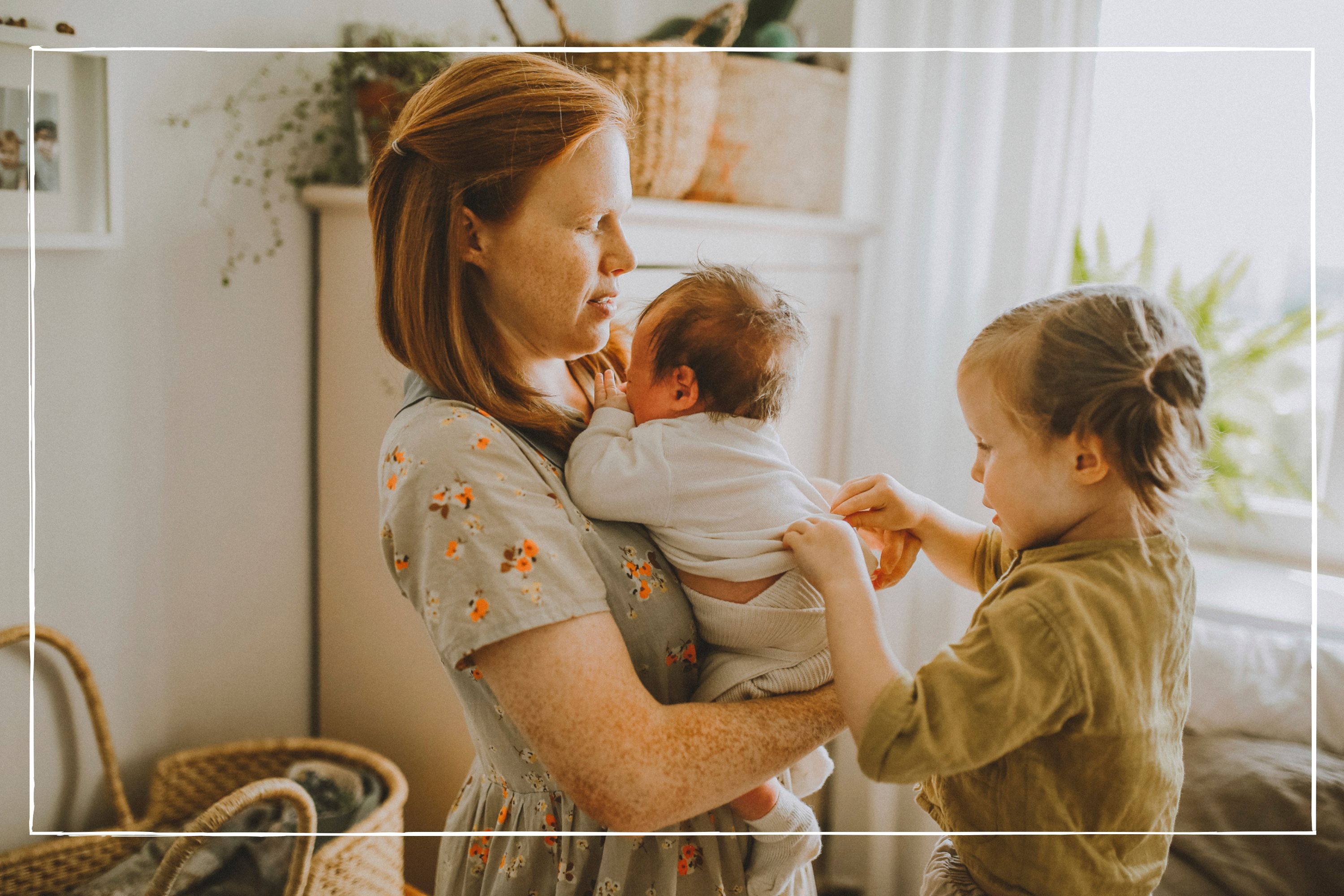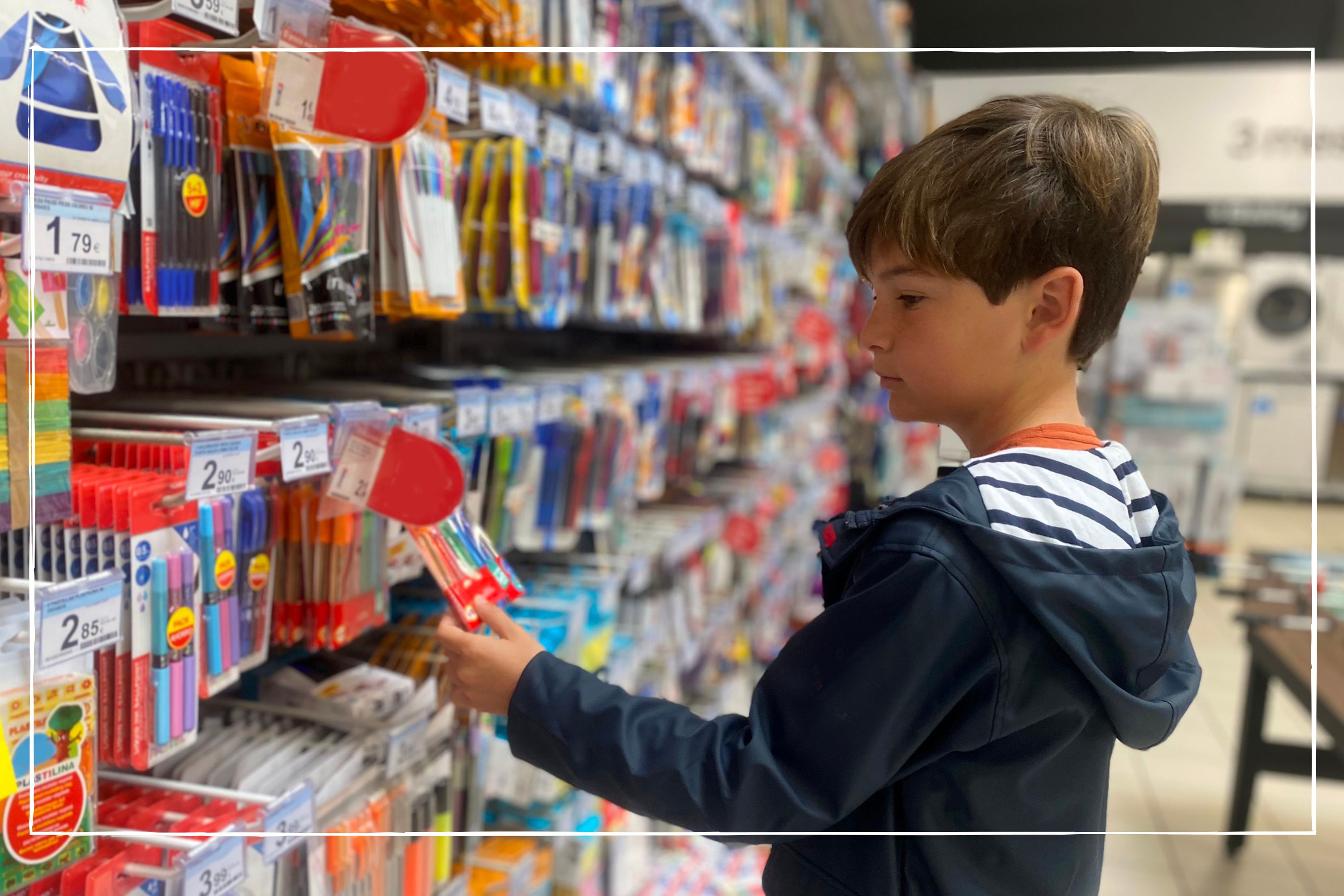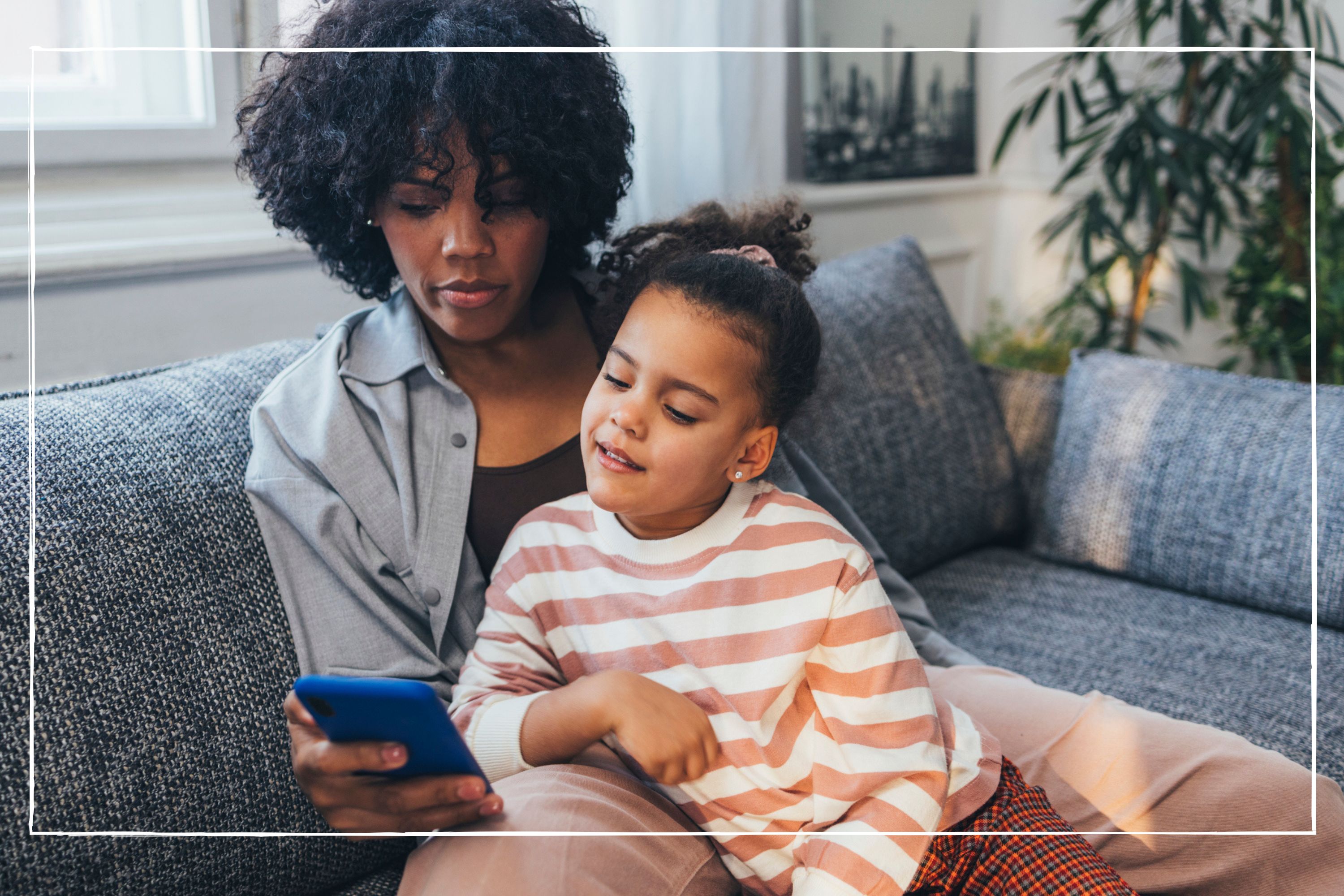Two-child benefit cap: what is it and will it be scrapped?
We look at what the two-child benefit cap is and the likelihood of it being abolished, amid mounting pressure on the Prime Minister to scrap it

The two-child benefit cap has been steeped in controversy ever since it was introduced in 2017. As the Prime Minister faces mounting pressure to abolish the two-child benefit cap, we look at what the cap is, why it was introduced, and the impact it has on families.
As parents know, raising kids is expensive. With average childcare costs on the rise, it's making it harder for families to make ends meet, and they rely on support from the government to meet rising prices. But with campaigners arguing that the two-child benefit cap pushes families into poverty, and parents sharing the devastating impact it has on their family, is it time for the new government to squash the policy?
What is the two-child benefit cap?
The two-child benefit cap is a government policy that prevents parents from being able to claim Universal Credit, or child tax credits, for any third or subsequent child born after April 2017. The cap was introduced by former Chancellor of the Exchequer George Osbourne as a measure to reduce welfare spending.
As a result of the policy, families with third or subsequent children born after April 2017 miss out on up to £3,455 per year, per child, compared to those families with children born before April 2017. Campaigners argue that the cap is also responsible for pushing children into poverty, and have long urged the government to scrap it.
How many people are affected by the two-child benefit cap?
According to official government figures, in April 2024, 440,000 households (including 370,000 universal credit claimants and 69,000 child tax credit households) were not receiving the childcare element or amount for at least one child because of the two-child benefit cap. The numbers also show that 1.6 million children were living in households affected by the two-child benefit cap. That's one in every nine children. In the previous year, the figure was 1.5 million, or one in 10 children, showing that more and more children are being negatively impacted by the policy.
Research by the Child Poverty Action Group (CPAG), that has long argued for the two-child benefit cap to be scrapped, revealed the devastating reality of parents who are impacted by the policy. One parent says: ‘[The two-child limit has] severely inhibited the children's ability to experience a full life as [we’re] economically restricted. Shoes with holes, clothes too small. Hungry at times.’ while another admits: ‘My children ...cannot attend school some days as we can’t afford the trips out for them or the dress down days or the contributions for photos or Christmas cards or Pudsey day. . ..They can only have two haircuts each year […]. It’s the basics of being a person with human rights.’
Will the two-child benefit cap be scrapped?
It is not yet known whether the two-child benefit cap will be scrapped by new Prime Minister Keir Starmer. It was hoped that he would announce and end to the policy in the King's Speech, which confirmed the new government's plans, but there was no mention of putting an end to the cap.
GoodtoKnow Newsletter
Parenting advice, hot topics, best buys and family finance tips delivered straight to your inbox.
However, the Prime Minister is facing mounting pressure from MPs to put an end to the policy which they describe as 'heinous' and 'overtly sexist'. And a scrappage may be on the cards. As reported by The Guardian, the Prime Minister has indicated that he will consider scrapping the two-child benefit cap as part of a review into child poverty, saying "We will make sure that the strategy covers all the bases to drive down child poverty. No child should grow up in poverty.” The government has also launched a ministerial taskforce to kickstart work on a child poverty strategy, so there is a chance we could see the two-child benefit cap nixed in the future.
According to the CPAG, abolishing the cap could lift 300,000 children out of poverty, and mean 700,000 children are in less deep poverty, which will have a significant and positive impact to their lives. It is estimated that ending the policy will cost the government £1.7 million.
Chief Executive of Child Poverty Action Group Alison Garnham says: "The two-child limit is the biggest driver of rising child poverty and teachers, struggling parents and even children themselves can testify to the harm the policy is causing to kids day in, day out. All eyes will now be on government’s first budget, which must commit to scrapping this policy. Delaying its abolition will harm many more young lives and undercut the government’s poverty-reduction plans."
For more information on support parents can get from the government, read our guides to child benefit and tax-free childcare.
Sarah is GoodtoKnow’s Money Editor. After Sarah graduated from University of Wales, Aberystwyth, with a degree in English and Creative Writing, she entered the world of publishing in 2007, working as a writer and digital editor on a range of titles including Real Homes, Homebuilding & Renovating, The Money Edit and more. When not writing or editing, Sarah can be found hanging out with her rockstar dog, getting opinionated about a movie or learning British Sign Language.
-
 How to save money: 28 family-friendly money-saving tips for mums and dads
How to save money: 28 family-friendly money-saving tips for mums and dadsUnderstanding how to save money is key to limiting the impact of rising costs as much as possible
By Sarah Handley
-
 14 hidden benefits of your Amazon Prime membership
14 hidden benefits of your Amazon Prime membershipWe reveal the less-obvious perks of a Prime membership that will help you get the most value out of your subscription fee
By Rachel Wait
-
 14 surprising ways to spend your Tesco Clubcard vouchers - from restaurants and cinema passes to mini breaks and Disney+
14 surprising ways to spend your Tesco Clubcard vouchers - from restaurants and cinema passes to mini breaks and Disney+Tesco Clubcard vouchers can help you cut the cost of everything from groceries and travel to days out and cinema tickets
By Heidi Scrimgeour
-
 How to get Disney+ for free and save up to £79.90 a year
How to get Disney+ for free and save up to £79.90 a yearEven though the streaming giant ended its free trial offering, there are still multiple ways you can get Disney+ for free for up to 12 months
By Sarah Handley
-
 Parents of teens who have just taken their GCSEs urged to check child benefit status ahead of August deadline
Parents of teens who have just taken their GCSEs urged to check child benefit status ahead of August deadlineWith a child benefit deadline looming, some parents could see their payments reduced or stopped altogether - here's why
By Sarah Handley
-
 Parents should hold off buying this back to school staple 'as close to their first day as possible', says retailer
Parents should hold off buying this back to school staple 'as close to their first day as possible', says retailerWith parents turning their attention to kitting their kids out for the new school year, research suggestions which items should be left until the last minute
By Sarah Handley
-
 7 ways to save on back to school essentials, as its revealed parents will spend £2.3 billion in 2024
7 ways to save on back to school essentials, as its revealed parents will spend £2.3 billion in 2024We share ways you can get your child all the bits and bobs they need for the new school year, without breaking the bank
By Sarah Handley
-
 What day is child benefit paid around the bank holiday? Everything parents need to know
What day is child benefit paid around the bank holiday? Everything parents need to knowKnowing which day child benefit is paid when it comes to the bank holiday can help families plan their budgets accordingly
By Sarah Handley